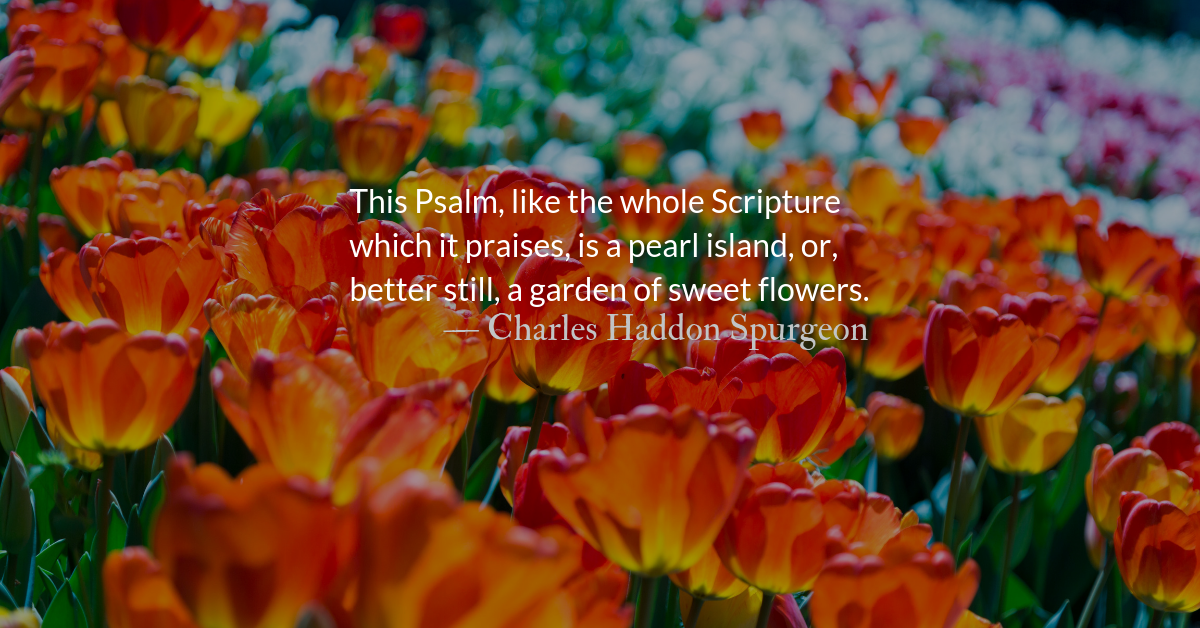Scripture Focus: Joshua 1.7-8
Be strong and very courageous. Be careful to obey all the law my servant Moses gave you; do not turn from it to the right or to the left, that you may be successful wherever you go. Keep this Book of the Law always on your lips; meditate on it day and night, so that you may be careful to do everything written in it. Then you will be prosperous and successful.
Reflection: Success
By Kelsey Hope Stookey
We all have an idea of what success looks like. Maybe for some, it is a promotion, a new car, or thousands of followers on our social media platform. But what if these forms of success do not happen? Does that mean that we are not successful?
Here, Joshua is called to lead God’s people as Moses’ successor. During his ministry, Moses led the nation of Israel and achieved what most would call a successful life and ministry. Moses was not perfect. But even today, he stands as an icon of a successful leader. After Moses’ death Joshua was called to lead. Joshua’s idea of success was almost certainly colored by the life and ministry of his predecessor. Here in verses 7 and 8, God reminds Joshua of how true success is attained. Who defines success and how do we achieve it? God is the one who shapes our vision of success and it hinges upon a relationship with him.
Success is not obtained by replicating the ministry of others. Instead, it is achieved by being faithful to obey God’s Word. When the Old Testament uses this Hebrew word for success which is transliterated as sakal, there is a common theme. A common Hebrew interpretation is to be prosperous or triumphant. Success though is not obtained by a person, but provided by the Lord.
Joshua is not given a list of people to compare his life to measure his success. God did not tell Joshua specifically how he would succeed. He also doesn’t promise Joshua social standing or a military conquest. Instead, he calls him to remember the words of the Lord, to meditate on them, and to be careful to obey. Then, he was promised success and prosperity on God’s terms.
Success in God’s eyes often looks different then how we would picture it. God’s definition of success for our life may not look like a promotion or a new car. It may look like being faithful in the same job for a long period of time because God has us there to minister to others. As we meditate on his word, success changes from the next big thing to daily obedience. No matter what our current situation is, let God define a successful life and not allow others to determine it for us.
Divine Hours Prayer: The Call to Prayer
The Lord is King; let the people tremble; he is enthroned upon the cherubim; let the earth shake. — Psalm 99.1
– From The Divine Hours: Prayers for Summertime by Phyllis Tickle.
Today’s Readings
Joshua 1 (Listen 3:11)
Romans 14 (Listen 3:28)
Read more about A Better Joshua
When changing leaders there is sometimes the fear that the new leader will not live up to the last one.
Read The Bible With Us
Our reading plan immerses you in the Bible at a sustainable, two-year pace. Join us.









